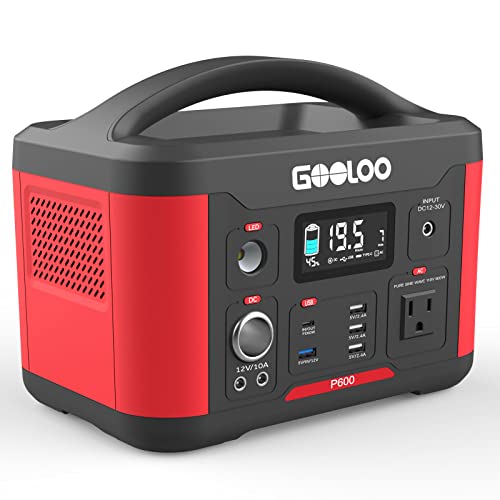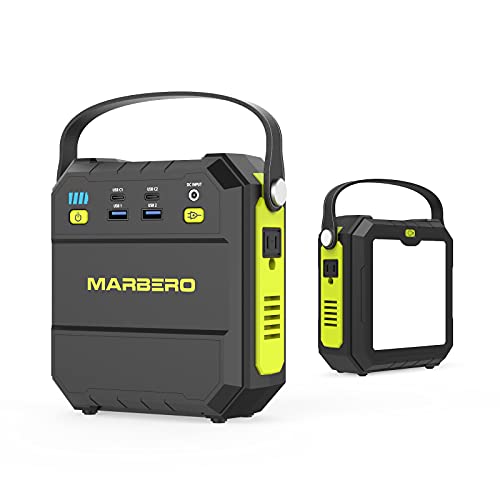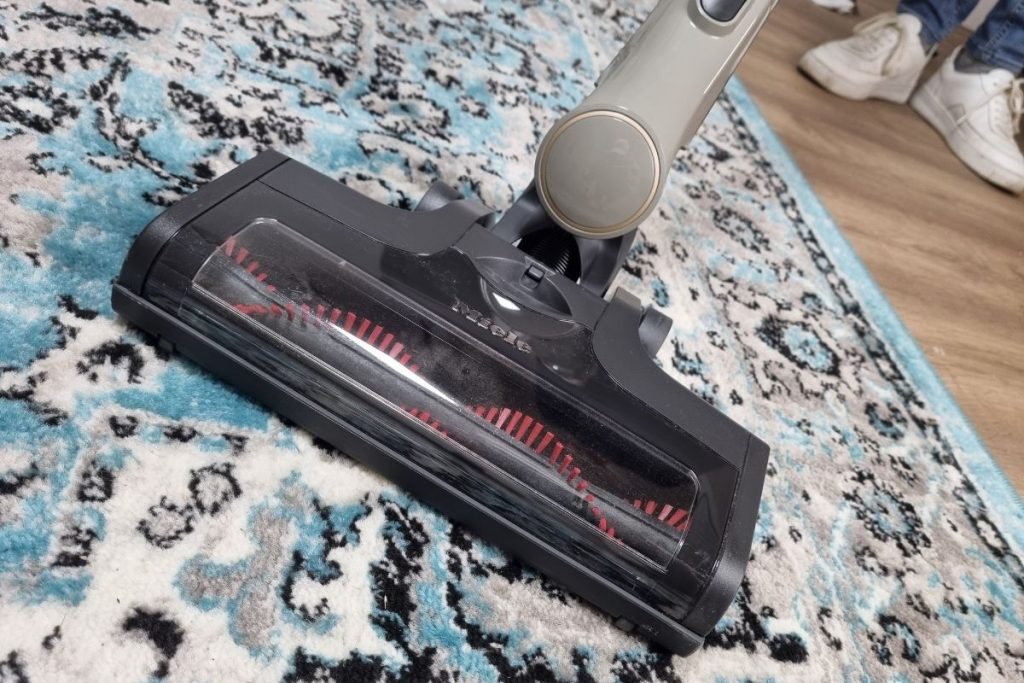Top 16 Best Generator For Emergency Preparedness Of 2024
Bob Vila May 2, 2024 12:52 AM
Using the internet, we discovered how many possibilities are there. Even we got lost: the competition is tough. So, we laid out criteria to choose the best generator for emergency preparedness. The criteria were fairly simple: get the most bang for a buck, have great performance and user reviews.

Overview
When the electricity goes out, you're considering purchasing a generator to keep your home running. Congratulations! This is a crucial component to a well prepared home, if you ask me.
The only logical reason I can think of to not have a backup generator is the inability to finance one. I get that; they're not exactly inexpensive. But if you have the cash to get a generator, and just aren’t buying one despite, you might want to reconsider.
Maybe you're thinking, "Oh, it's no big deal. We'll just deal with it when it happens and move on." To which I would respond to you with a challenge: go turn off all of your power. To-the-moment On with it. Go ahead and do it. After all, power disruptions aren't something that can be planned.
For a full 24 hours, be sure to turn it off and leave it unattended. Many power outages due to natural occurrences can last considerably longer than 24 hours, so let’s just start there.
In a few hours, your house will most likely become uncomfortable due to the temperature swings. Because you won't have Internet, TV is out of the picture. There will be no noise in your home. Maybe your family members play around with offline apps for a time until their phone's battery expires. Bickering ensues when everyone gets a little too hot or too cold, and it's not just because they're uncomfortable but because they're bored as well. Because you haven't had any food since this morning, the sun is setting and you're starving. The lights need to be turned on, and a hot lunch is in order. You'd enjoy a cup of joe very much. As the hours pass, you begin to be concerned about the food in the refrigerator. It's possible that the entire freezer full of venison from your fall hunt will go bad.
A generator would have saved the day. You could hook it up and enjoy the comforts of home while you wait for things to play out. Don't you agree?
You may take advantage of this opportunity right now. Until then, let's get to it!
Last update on 2024-05-02 / Affiliate links / Images, Product Titles, and Product Highlights from Amazon Product Advertising API
Consider the ease of use, the power, the gas, and the size when selecting a generator for your emergency needs. There are a number of variables that can determine when and for how long you can utilize the generator.
Many generator owners overlook the fact that they may not be the one to start the generator when it arrives at their home. When a machine can be lifted and moved, many individuals think that everyone else in their household can do the same.
Ease Of Use
When you are able to plug in and start sophisticated emergency generators, they may be ideal for you. But if you're alone at home and need to unpack half the shed before moving the generator into place, this could be an issue.
It is possible to install a generator somewhere in the house with a remote-start system fitted into a wall somewhere else. This makes it easy for someone who has never started a generator before to do so with your help over the phone.
Power Delivery
You'll need extra electricity if your home has multiple computers, two refrigerators, a slew of lights, and an entertainment system. Running a 3kVA generator for long periods of time is not recommended, however most households can run for a short period of time on this type of generator.
We strongly urge that you consider about this while selecting your emergency generators, whether or not you anticipate a power outage lasting several weeks. This isn't a problem for most city dwellers or farmers, but if you live in a rural area, it may be.
Gas Requirements
If you live in an area where you have access to natural gas, your generator will be more useful in an emergency if it runs on natural gas. Gasoline is widely available, making it an ideal fuel for emergency generators.
The fact that even the most remote petrol stations always have diesel means that diesel generators, despite not being portable, have a significantly lower risk of running out of fuel. The type of generator you choose should be based on the availability of gas in your area.
Long Run Time
It makes sense that it would be able to run for extended periods of time. This is possible because of the interchangeable fuel capability. When one fuel source becomes low, simply switch to the other.
Economical
It uses less gasoline than a traditional car. It's powered by a combination of gas and propane. Propane is a better alternative to gasoline because it is easier to get and less expensive to store.
Environment Friendly
Biodiesel and natural gas are the primary fuel sources for this vehicle. It doesn't emit any carbon monoxide, in contrast to its competitors that utilize diesel. With propane and natural gas, harmful and toxic odors are eliminated.
Quality
Additionally, a good emergency generator must be long-lasting and reliable, as they may be required to supply electricity for long periods of time without interruption.
Noise Levels
They should be able to withstand the local noise ordinance if they are properly soundproofed.
Easy Operation
You don't want to be tinkering with a pull cord in the dark and chilly weather, so they should be simple to start and use.
At least one big natural disaster occurs every year, causing us to lose power for long periods of time. Power outages can sometimes last for long periods of time, depending on where you reside. If you don't have a reliable emergency generator that can take over in times of need, you'll be without lights, heat or air-conditioning, and you'll have to toss out all of your food.
What type of generators do I need for an emergency?
Emergencies like as blackouts are unavoidable, and we can't always plan beforehand. This means we have to rely on generators as a backup source of power. The XP13000HX Dual fuel portable generator is a solid option among the various generators on the market. Additionally, it's lightweight and can be taken anywhere. As a result, it can serve as a dependable source of electricity in emergency situations as well.
What kind of generators does FEMA use?
The Federal Emergency Management Agency (FEMA) is the acronym for this agency. When calamity strikes, they naturally work together with the public. During natural disasters, blackouts are a common occurrence. Due to the nature of their work, FEMA would naturally use emergency power generators in this case. Generators 10GE-00-GENR are used, according to the FEMA website.
What are Emergency Generators Used For?
If your home, camper, construction site, or warehouse loses electricity for any length of time, you'll need an emergency generator. These emergency generators should only be used in the event of a power outage.
Because of this, emergency generators will not run nonstop for days or weeks at a time. It's generally recommended that if you need to run the generator during the daytime or at night, you should do so at these times.
A lot of generators fail because people run them continually during the day or night when no one consumes power. Reading a book in the middle of the day and retiring to bed when the sun sets can help you conserve energy when there is none. Initially, it may seem difficult.
When your regular power supply goes down, you may rely on emergency generators to keep your home running. Stop the solar array from recharging the batteries you use in your home if there is a powerline failure in your city or merely a few wet days.
There is absolutely no chance that these generators will be able to power your welding equipment.
































